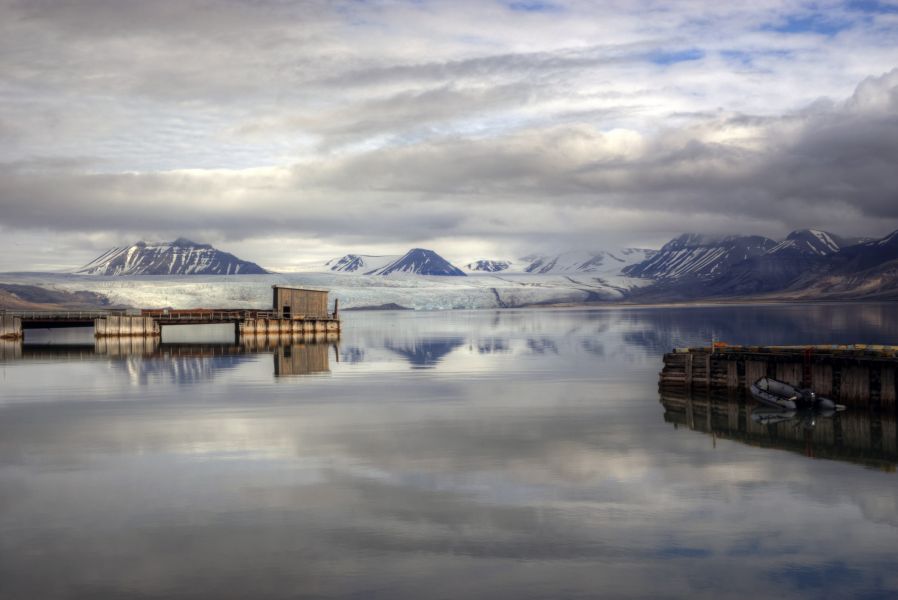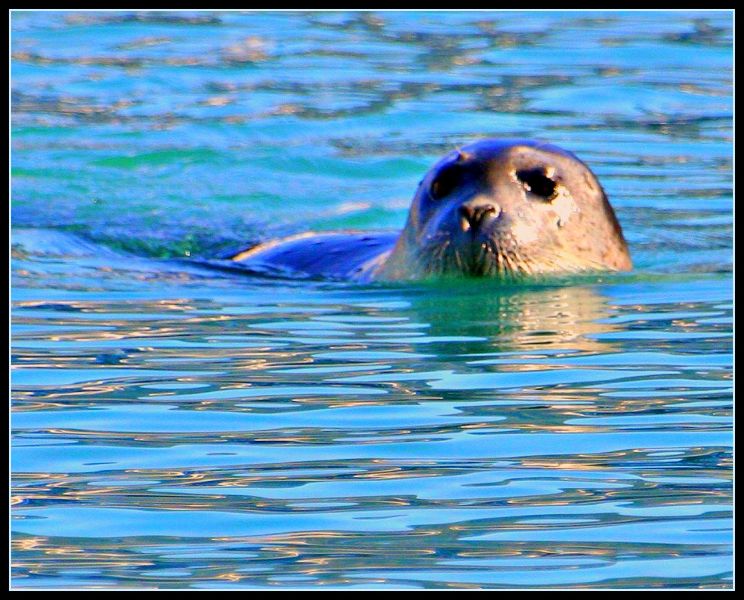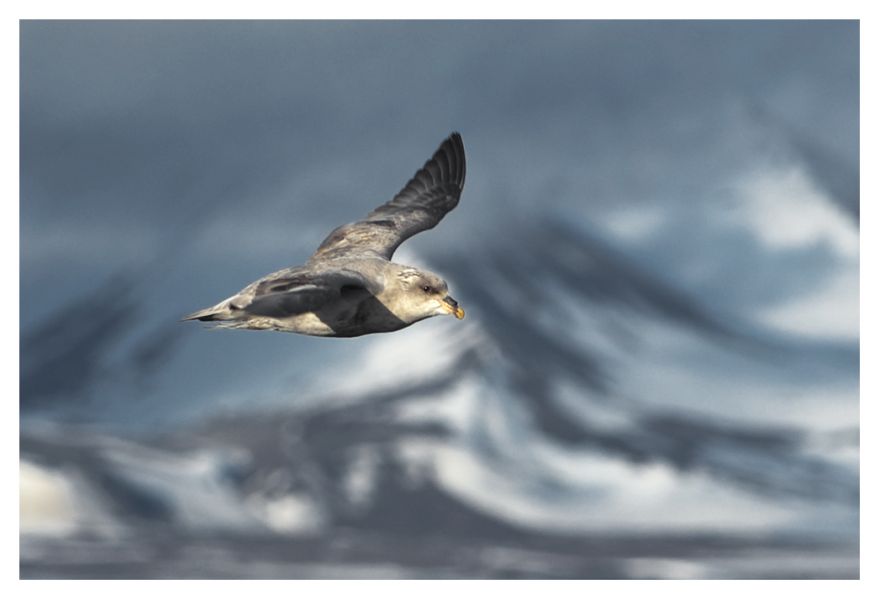Kaare, LA8EKA will be active as JW8EKA from Svalbard Island, IOTA EU-026, 18 - 21 April 2024.
He will operate on HF Bands.
Recent DX Spots JW8EKA
QSL via home call.
Ads for direct QSL:
Kaare Roar Hagen, Engelsrud Terrasse 2, N-1385 Asker, Norway.
Svalbard
An archipelago where it is forbidden to die
There are several archipelagos in the Arctic Ocean, and most of them are uninhabited due to very harsh climatic conditions. On them you can meet, except polar bears, birds and colonies of marine animals (and not always and not all of them). However, there is a group of islands in this region of our planet, which has been inhabited for quite a long time by people, who, moreover, conduct not only scientific, but also very active economic activity there. We are talking about Svalbard.
It consists of three rather large islands and a lot of very small ones, some of which are, in fact, the tops of rocks that have risen above the depths of the sea. The territory of Svalbard could easily accommodate two Belgian states, as it totals 61,022 square kilometers. This archipelago is more than half covered with glaciers and never melting snows, which, however, is not surprising at all: the matter is that even at the height of summer, in July, the average daily air temperature there is only about +5 ° C. The climate in those latitudes is very dry.
The climate in those latitudes is very harsh, and therefore there is practically no vegetation on Spitsbergen in its "normal" sense. The flora of this archipelago is dominated by mosses and lichens, and sometimes there is a dwarf polar birch. The animal world is also rather poor and is represented mainly by reindeer, polar bears and polar ptarmigan. In summer, other bird species nest there (ornithologists, by the way, have counted about nine dozen of them in total).
 Summer, Svalbard Island. Author - Mariusz Kluzniak.
Summer, Svalbard Island. Author - Mariusz Kluzniak.
Who discovered Svalbard and who owns it now?
There is still no consensus among historians on this issue. Officially, it is believed that its discoverer is Willem Barents, who in 1596 discovered this archipelago during one of his expeditions, and a corresponding entry was made in the ship's log. Nevertheless, most experts are of the opinion that the first Europeans who learned about the existence of Spitsbergen were Vikings. There is also indirect evidence that long before the archipelago was discovered by Barents, it was visited by Pomors.
The first settlements on Spitsbergen appeared at the beginning of the XX century, when geologists discovered there very significant reserves of coal. They were founded by American, Swedish, Norwegian and Russian companies. As for the legal status of the archipelago, it was finally determined in 1920 at the Paris Peace Conference. According to the documents signed there, officially Spitsbergen belongs to Norway, but several countries, including the Russian Federation, have the right to conduct their economic activities on its territory. Therefore, the Arktikugol company is engaged in coal mining on the archipelago. To be fair, it should be noted that almost all of it is now used to heat the settlement where the miners live, and it is not exported from the territory of Spitsbergen to Russia.
 Svalbard Island. Author - Juergen Kurlvink.
Svalbard Island. Author - Juergen Kurlvink.
What interesting things are there on Svalbard?
Now there are both Russian (Barentsburg, Pyramid), Norwegian (Longyear, Svaeagruva) and Polish (Hornsunn) settlements on this archipelago, and the total population there is about 2500 people. Our compatriots mine coal there, Poles do research work, and Norwegians do both. They even opened Svalbard International University, where a whole group of climatologists and geologists work.
Spitsbergen was chosen as the place where it was decided to create the World Seed Sanctuary. Interestingly, it stores seeds of both cultivated and wild plants, and it is designed to be able to recreate the flora of the planet, if there is a global catastrophe. On the mountain plateau Breguet operates a satellite communication station, as well as a small observatory.
By the way, this archipelago was not chosen for the seed depository by chance. The fact is that there is an extremely low content of bacteria in the soil and in the air. That is why on Spitsbergen even corpses of people and animals practically do not decompose, and that is why representatives of homo sapiens there (specifically - in the Norwegian settlement of Longyear) are forbidden by law to die. In cases where a person in the town suffers a serious illness, he must be immediately transported to Norway for treatment. In case of death, the funeral must also be held off the island.
 Fulmar, Svalbard Island. Author - Leo Roos.
Fulmar, Svalbard Island. Author - Leo Roos.
It is interesting that many inhabitants of this island prefer not to part with their smoothbore or rifled weapons even when walking in populated areas. The fact is that sometimes (especially in winter) polar bears walk alongside them.

